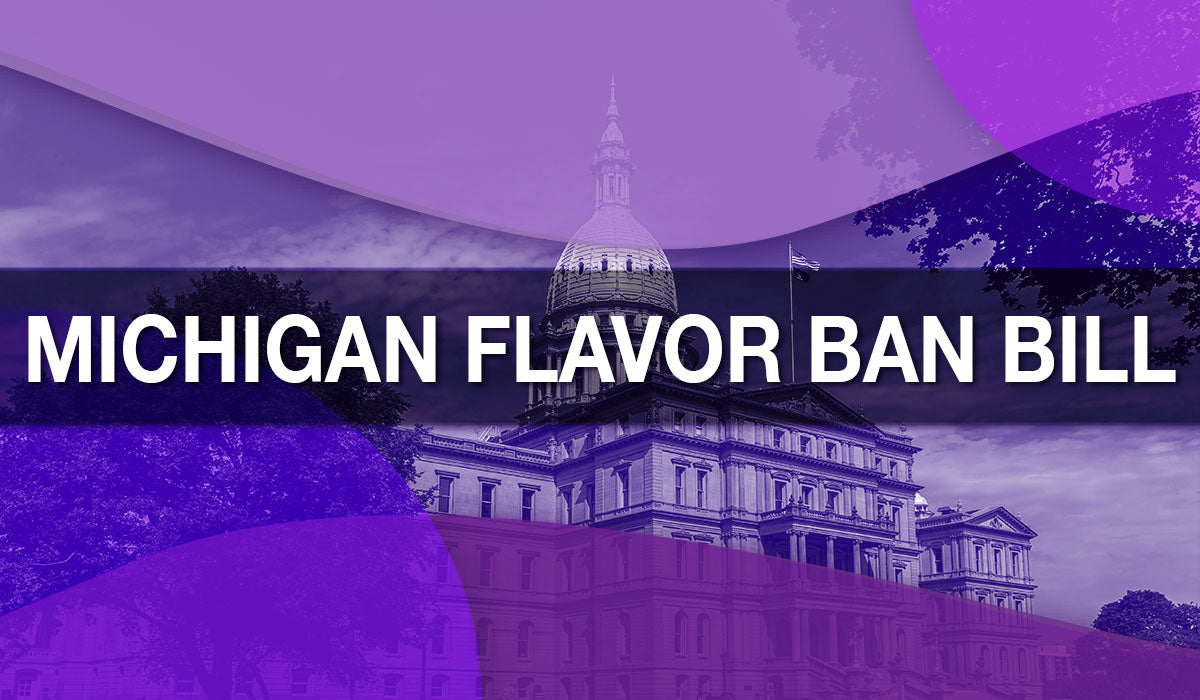
New Bill Introduced in Michigan to Ban Flavored Tobacco and Vape Sales
Update: Michigan Lawmakers Push New Anti-Vaping Bills
Lawmakers in Michigan are once again making a concerted effort to restrict access to vaping products through a series of new bills. This latest legislative push includes proposals for a flavor ban, significant tax hikes on vapor products, and a repeal of state preemption laws that currently prevent local governments from imposing their own tobacco retailer regulations.
The Senate hearing on SB651, SB652, SB653 and SB654 will be on October 30, 2024 at 2:30pm.
If you're concerned about how these bills may impact access to harm reduction products in Michigan, be sure to reach out to your local lawmakers and make your voice heard.
While the FDA moves towards finalizing their proposed menthol ban, now rumored to be pushed back to the end of 2024 Michigan is pushing forward with a sweeping plan that not only bans menthol cigarettes but flavored nicotine vapes as well. With a recent FDA sponsored study demonstrating that vape flavor bans increase cigarette sales, the inclusion electronic nicotine delivery systems (ENDS) in this flavor ban flies in the face of public health.
Michigan Senate Bill No. 649
S.B. 649 has been introduced in the Michigan Senate for consideration and bans the sale of flavored tobacco and vaping products. Flavored vape products being defined as any product that has or is marketed as having a characterizing flavor other than tobacco. Tobacco vape flavors are every bit as artificial as the most fantastical dessert flavor, but this fact is consistently ignored by those in the position to restrict adult access to combustible cigarette alternatives.
S.B 649 also includes a ban on the sale of products that are packaged in ways that “indicate, explicitly or implicitly, that the nicotine or tobacco product has characterizing flavor.”
The bill would not exempt any flavored cigars, though it does throw a bone to Michigan’s substantial Middle Eastern population with a carve-out for the sale of flavored hookah tobacco intended for on-site consumption. The total number of hookah bars is capped at 200 by the state, with local laws further restricting the footprint of these tobacco specialty stores.
To help enforce the new restrictions, a new fund would be created for compliance checks.
Penalties
If passed, retailers who are caught violating the rule would be subject to the following fines:
- First violation within 36 months (about 3 years): a fine of up to $1,500
- Second violation within 36 months (about 3 years): a fine of $2,000 and a 30-day suspension of a license
- Third violation within 36 months (about 3 years): a fine of $2,500 and a one-year suspension of a license
- Fourth violation within 36 months (about 3 years): a fine of $3,000 and a revocation
Follow the Science
“Follow the Science.” This cliché was repeatedly bandied about by Michigan Governor Whitmer during the height of the Covid-19 epidemic before the arrival of the vaccine. But less than a year earlier this guiding principle was not applied when the state failed warn cannabis cartridge users about the dangers of a vitamin E acetate adulterant which was largely responsible for the mysterious lung illness later dubbed EVALI.
Instead, she chose to pass an emergency ban on flavored nicotine vapes in September 2019, while not even issuing a warning bulletin about the dangers of cannabis cartridges for another two months. For those keeping score, vitamin E acetate was not found in a single commercially available nicotine product.
Flavor Ban Fallout
The science is being ignored again, and another vape flavor bans advances under the pretense of “protecting the youth”. They have been shown to have the opposite outcome when real world data is analyzed.
A study published by Abigail Friedman, PhD from the Yale School of Public Health analyzed the harsh but predictable outcome of banning flavored vapes. Friedman’s research measured the impact that flavor bans have had in the states that are enforcing these bans.
Her analyses found that, after the ban’s implementation, high school students’ odds of smoking conventional cigarettes doubled in San Francisco’s school district relative to trends in districts without the ban, even when adjusting for individual demographics and other tobacco policies.
Another study published by Oxford University Press on behalf of the Society for Research on Nicotine and Tobacco yielded similar results. Conclusions for this study showed the following implications:
“Young adult e-cigarette users indicate low support for e-cigarette sales restrictions (both for flavored products and complete restrictions). Moreover, if vape product sales were restricted to tobacco flavors, 39.1% of users reported being likely to continue using e-cigarettes but 33.2% were likely to switch to cigarettes. If vape product sales were entirely restricted, e-cigarette users were equally likely to switch to cigarettes versus not (~40%). Those most likely to report positive impact of such policies being implemented were less frequent users, never smokers, and those with greater e-cigarette-related health concerns. This research should be considered in future tobacco control initiatives.”
Any Michigan representative eager to sign this bill into law needs to look at the potential repercussions and hopefully reconsider, unless the goal is to funnel more people, including youth, back to cigarettes. Youth vaping rates have dropped for four straight years. Rates are down 60 percent from their 2019. Tobacco 21, serious shipping restrictions, and flavor bans have done their work.
That the Michigan Senate would wheel out such an outmoded and outdated flavor ban is the exact opposite of “following the science.”
Please click the link here to sign the CASAA call to action.


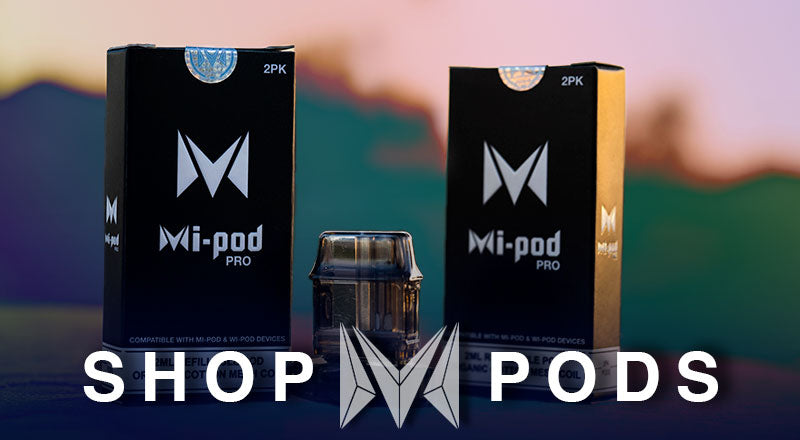
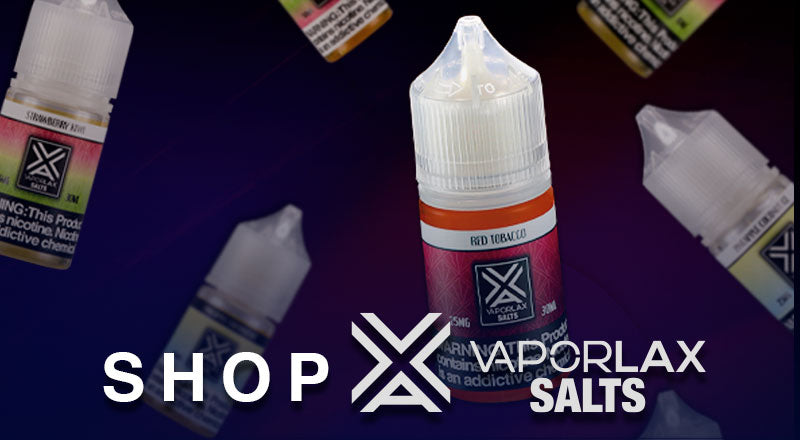
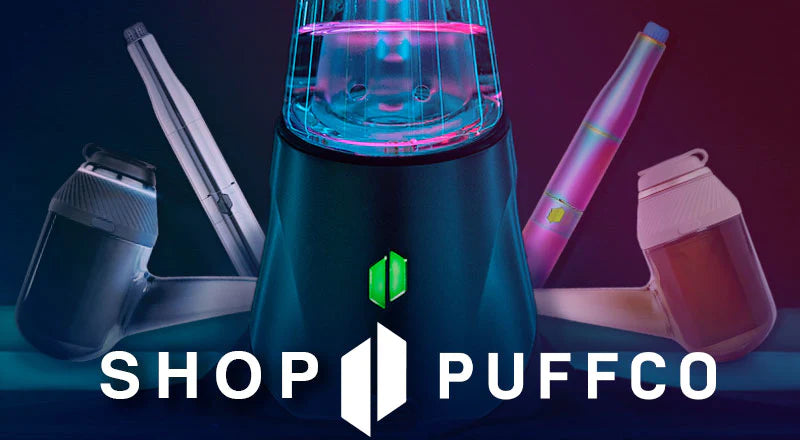
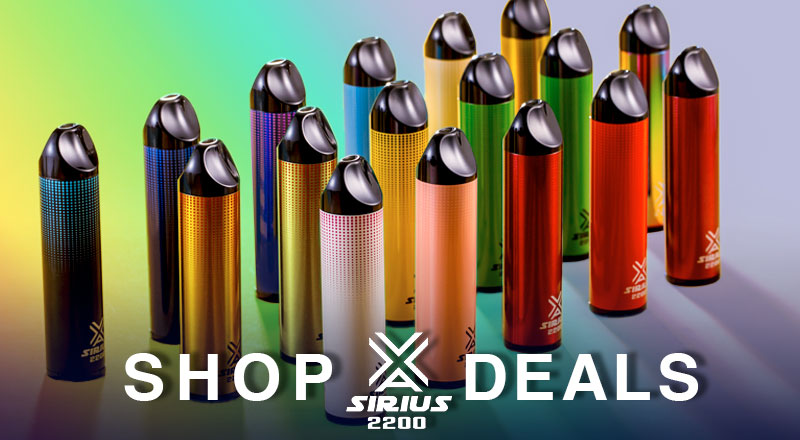



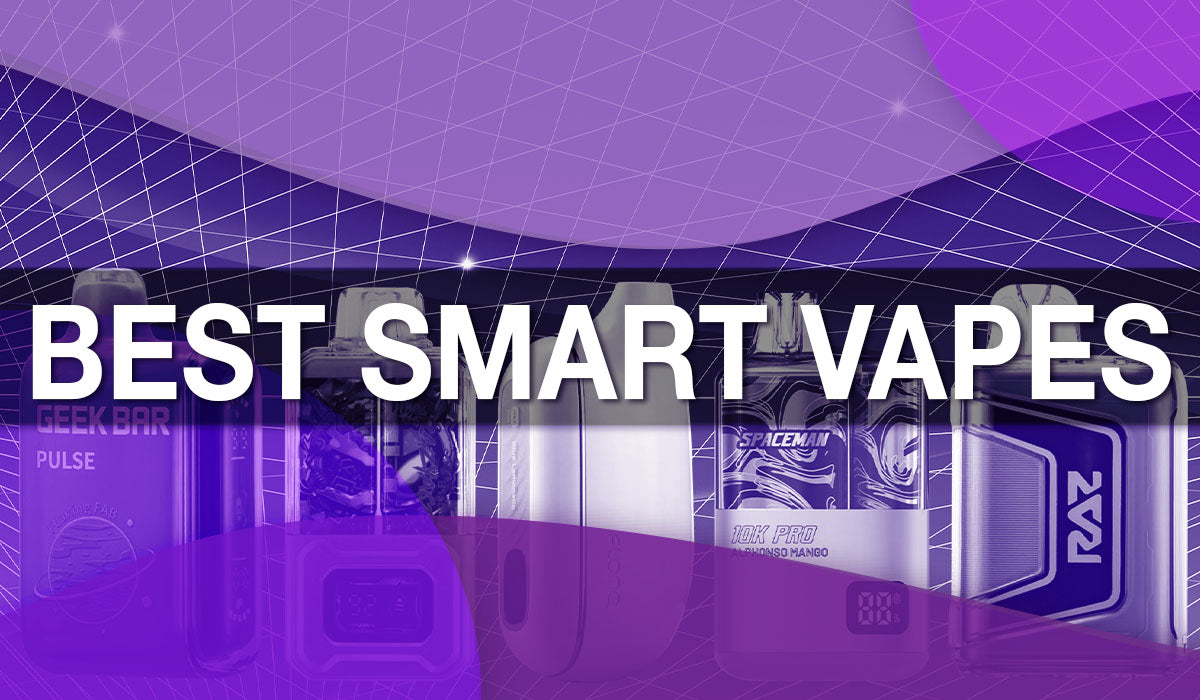
Leave a comment
This site is protected by hCaptcha and the hCaptcha Privacy Policy and Terms of Service apply.